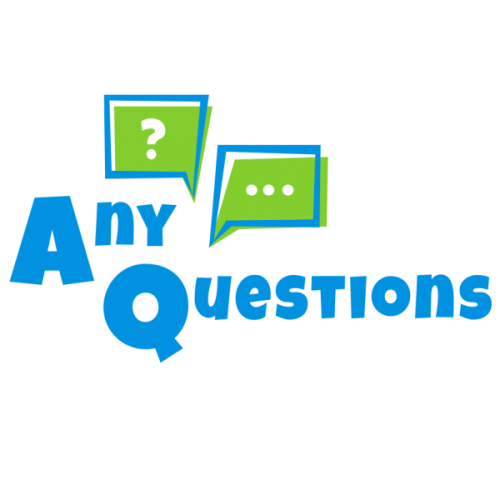Geography
We are preparing to close this site soon as this content has now moved to Tāhūrangi.
Tāhūrangi is the new online curriculum hub for Te Tāhuhu o te Mātauranga | Ministry of Education.
Nau mai haere mai
The geography area of Social Sciences Online provides curriculum and assessment information, resources, and useful links to support the teaching and learning of geography in years 11-13.
Geography gives students a multidisciplinary or holistic view of the world, combining knowledge, skills, and understandings of the physical and social sciences. It fosters a curiosity about place and space, and provokes questions about natural and cultural environments and their interconnectedness.
Geography provides opportunities through fieldwork for first-hand investigations of places, environments, and human activities. It helps students make sense of complex issues such as climate change, ageing populations, urban growth, land conflicts, globalisation, and sustainability.
You can browse the content in this section using the tabs below.
The New Zealand Curriculum: Social sciences
This section of the New Zealand curriculum website has information about the social sciences as a learning area. Resources and information relating to the previous (1997) curriculum document may continue to be used as supporting documents when planning teaching and learning programmes.

Geography teaching and learning guides (years 11–13)
Senior secondary teaching and learning guides for geography provide support for teachers of gepgraphy as they develop programmes of learning for their senior secondary students. They reflect the intent of the national curriculum and are an adjunct to it.

Understanding the social sciences as a learning area – A position paper
This position paper highlights the importance of the social sciences and the place of social studies as a social science in the New Zealand curriculum.
Visit Understanding the social sciences as a learning area – A position paper

Te Marautanga o Aotearoa
Te Marautanga o Aotearoa is the curriculum for Māori-medium teaching, learning, and assessment. It is New Zealand’s first curriculum to be developed and written in te reo Māori and sets the direction for teaching and learning in Māori-medium schools and settings.
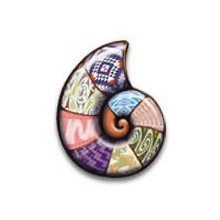
The New Zealand Curriculum
The New Zealand Curriculum sets the direction for teaching and learning in English-medium New Zealand schools. It has been mandatory since February 2010.

Key Competencies
This section of the New Zealand Curriculum Online website offers specific guidance to school leaders and teachers on integrating the key competencies into the daily activities of the school and its teaching and learning programmes.

NCEA Levels 1, 2, and 3 achievement standards
Level 1, Level 2, and Level 3 registered achievement standards for geography are available for use. They have been aligned with The New Zealand Curriculum (2007) and formally registered by NZQA.
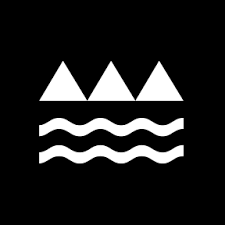
NZQA – NCEA resources for geography
Updated draft-for-implementation Level 1 Achievement Standards will be available on the NCEA Education website by the beginning of Term 4 2023.
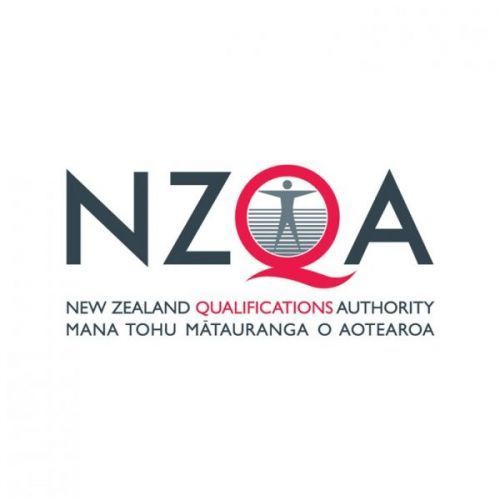
The New Zealand Qualifications Authority (NZQA)
Follow links to the New Zealand Qualifications Framework, NCEA, and subject achievement standards. Some useful resources are available on the NZQA website.
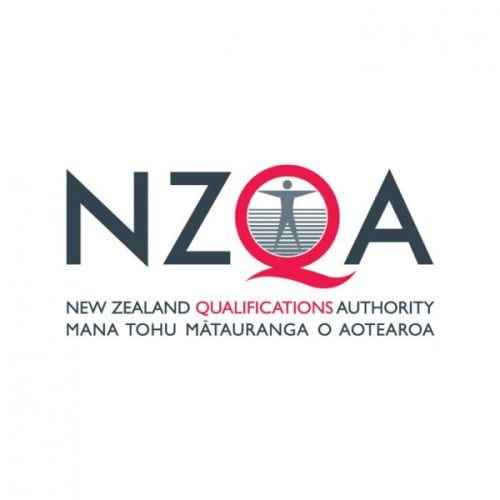
Assessment Online
This key community covers assessment in the classroom, effective use of evidence, and reporting to families and whānau. It offers news, assessment tools and resources, research, a glossary, FAQ, and related links.
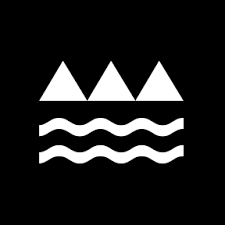
ERO (The Education Review Office)
In 2007, ERO published three reports on schools’ effectiveness in the collection and use of assessment:

NCEA support materials
These support materials have been developed for use with NCEA achievement standards. NCEA support material for geography includes a glossary of Maori concepts and terms, and information relating to different theoretical perspectives in geography.
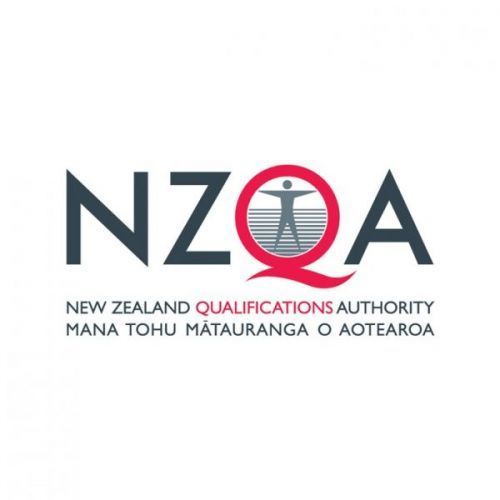
New Zealand Board of Geography Teachers
Website for geography teachers in New Zealand schools. Includes Geography Resource Centre, teacher resources, useful websites and contacts for NZ BOGT representatives.
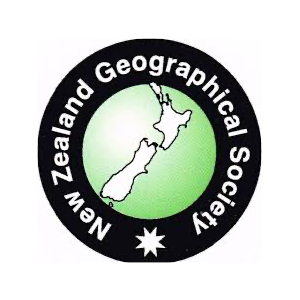
The National Library of New Zealand – Services to Schools
Services to Schools supports educators by providing professional learning, advice, and quality resources to inspire and inform student learning, foster their love of reading, and develop their knowledge of culture and heritage.
Visit The National Library of New Zealand – Services to Schools

Geography New Zealand
Geography New Zealand is an informal umbrella for organisations interested in studying and promoting the geography of New Zealand.
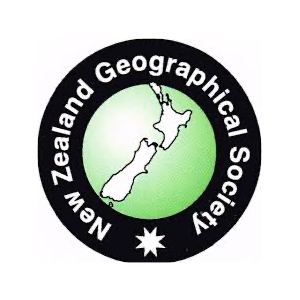
Auckland Geography Teachers Association
The AGTA site includes information on courses, newsletters and resources including games to use with classes. The resources are differentiated into the different NCEA levels. There is support for organising field trips, from booking equipment to possible providers that offer discounts for AGTA members. There is also a section of links to other key geography resources and organisations.
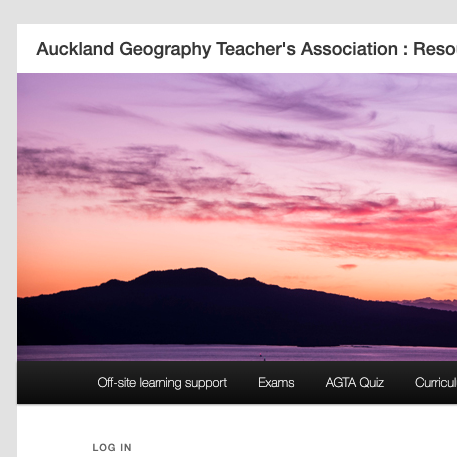
Te Tere Auraki
This Ministry of Education professional development strategy focuses on improving outcomes for Māori students in English-medium schools. This strategy supports: Te Kotahitanga, Ako Panuku, and Te Mana Kōrero.
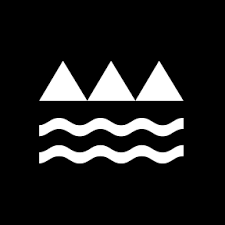
Ka Hikitia (the Māori Education Strategy) 2020
Ka Hikitia sets out how the education sector will achieve system shifts and support Māori learners and their whānau, hapū, and iwi to achieve excellent and equitable outcomes. Ka Hikitia provides an organising framework for the actions that schools and supporting agencies will take.
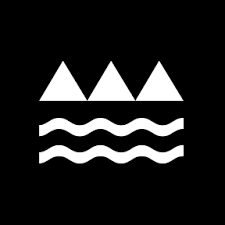
Pasifika Education
The education system must work for Pasifika so they gain the knowledge and skills necessary to do well for themselves, their communities, Aotearoa New Zealand, the Pacific region and the world.
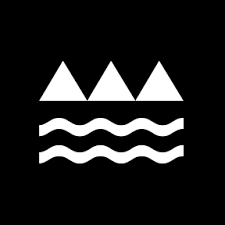
LEARNZ - Virtual Field Trips
LEARNZ virtual field trips provide free, fully supported, interactive student experiences plus the largest collection of New Zealand, contemporary digital resources for education. These engaging, curriculum rich e-learning opportunities allow students to interact with inaccessible people and places throughout New Zealand and Antarctica.
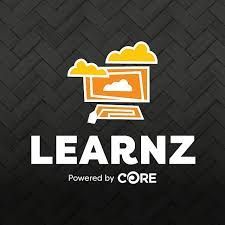
Education for Enterprise
Education for Enterprise (E4E) is about promoting an approach to learning – one that is real, relevant, and gives students responsibility for their learning. In this section, find out more about why an enterprising approach to learning could benefit your students, and how to develop an E4E approach in your school.

Any Questions (students)
Students can go to this website to find useful, accurate, online information. Librarians from all over New Zealand are available each week day between 1pm and 6pm to help students search online. To use AnyQuestions.govt.nz, students must be attending a New Zealand primary, intermediate, secondary school or being home-schooled.
